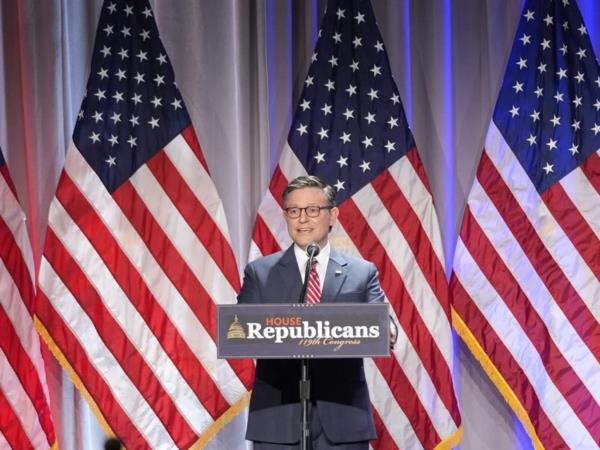
A new Republican bill is aiming to significantly increase taxes on endowment profits held by private universities to match the current corporate tax rate. Private universities often invest funds in endowments, which generate interest each year to support their operations. In 2017, the Trump-era Tax Cuts and Jobs Act imposed a 1.4% tax on the interest earned by private universities from these endowments.
The proposed legislation, known as the Endowment Tax Fairness Act, seeks to raise the tax on annual private university endowment investment returns from 1.4% to 21%. This move is intended to ensure that elite educational institutions are subject to the same tax standards as corporations, which currently face a 21% corporate tax rate.
Under the bill, the increased tax revenue would be directed to the General Fund of the Treasury to help reduce the national deficit. The bill's sponsor, Rep. Troy Nehls, argues that elite universities should not benefit from significantly lower tax rates compared to working Americans.



The tax would apply to private colleges and universities that meet specific criteria, including having 500 or more students and maintaining a certain level of assets per student. Institutions like Harvard, Yale, Princeton, and Columbia, which collectively manage $270 billion in assets, would be subject to this tax if the bill is passed.
Nehls emphasized that the bill aims to hold universities with substantial endowments accountable by aligning their tax obligations with those of corporations. If enacted, the tax would take effect immediately, impacting universities that meet the specified requirements outlined in the legislation.







